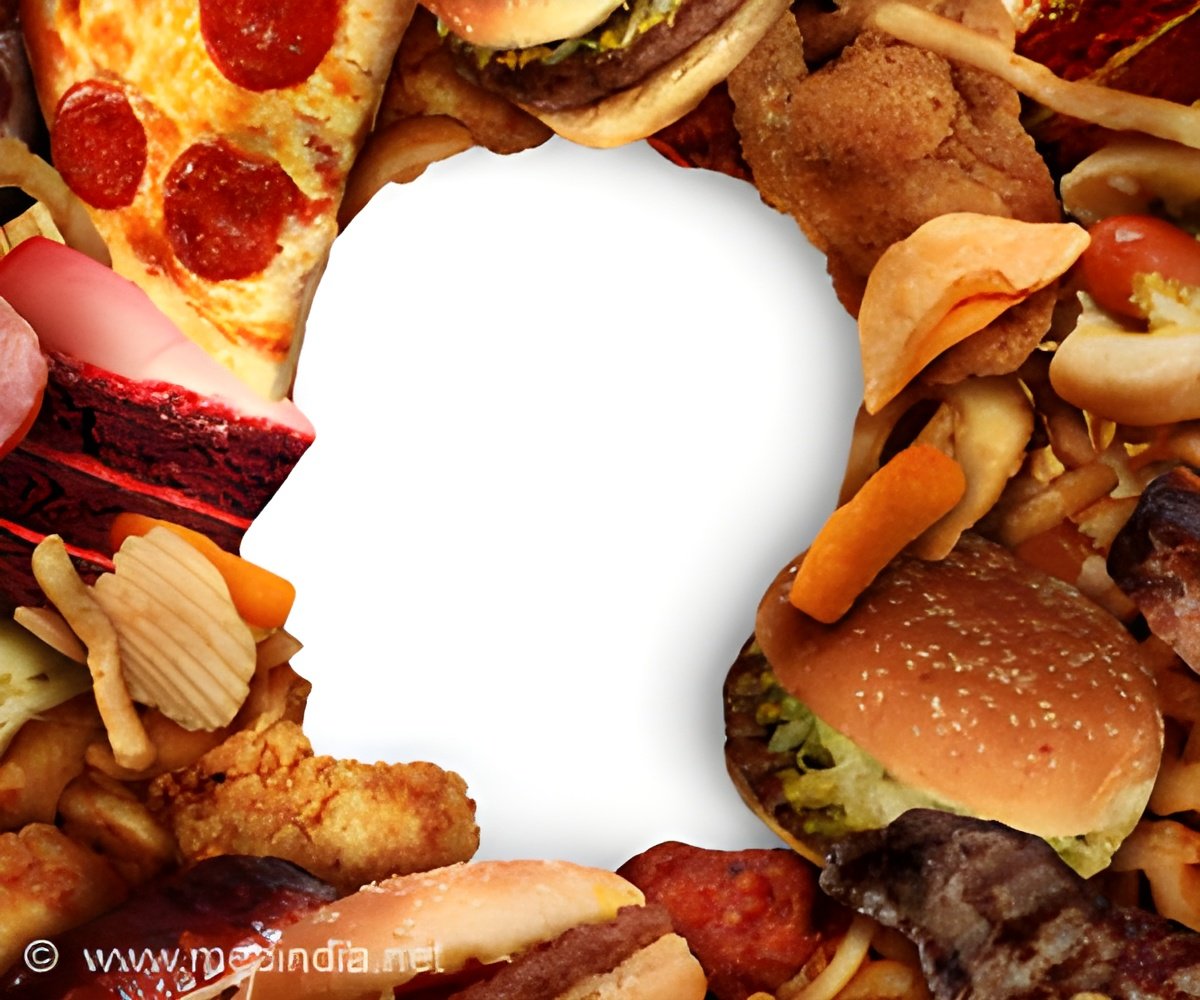New research has found that overeating wastes far more food than we throw away. Excess bodyweight corresponds to roughly 140 billion tonnes of food waste globally.

Published in Frontiers in Nutrition, the results suggest that direct food waste - thrown away or lost from field to fork - is a mere hors-d'œuvre.
"Excess bodyweight corresponds to roughly 140 billion tonnes of food waste globally," reports group lead Prof. Mauro Serafini, of the University of Teramo. This figure is a snapshot of the current world population's accumulated dietary excesses, not a rate of overconsumption. It is, though, orders of magnitude higher than current annual direct food waste, estimated at 1.3 billion tonnes.
The disproportionate impact of Serafini's so-called 'metabolic food waste' grows when its ecological costs are calculated, using per-kilo values from thousands of food lifecycle assessments. Fruits, vegetables, roots and tubers have the highest direct wastage rates, but excess energy consumption is dominated by more calorie-dense foods. These typically entail more land, water and greenhouse gases to produce.
So much so, that growing the world's metabolic food waste would be expected to generate the equivalent of 240 billion tonnes of CO2. This is roughly the amount mankind released burning fossil fuels over the last seven years combined. Notably the EU, North America and Oceania together contribute as much to this estimate as the rest of the world combined, with meat, eggs and dairy accounting for 75%.
The total land and water figures are more difficult to interpret, as they do not take into account how long land is required to grow different foods - or the redistribution of water, which is not lost per se via agriculture. And though based on public data collected by the UN, WHO, WWF and BCFN - an EU-backed nutrition think tank - the whole approach is fraught with methodological and conceptual uncertainty.
Advertisement
So, like Serafini we take metabolic food waste with a pinch of salt. But as back-of-a-napkin estimates of the ecological costs of dietary excess, these figures are close to as good as we'll practically get. And they are monstrously high.
Advertisement
Source-Eurekalert















